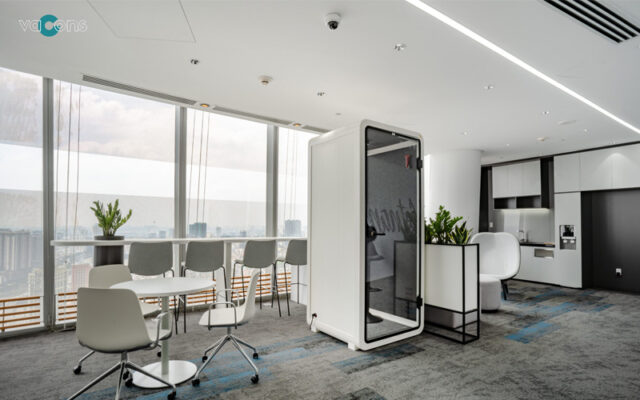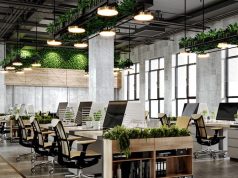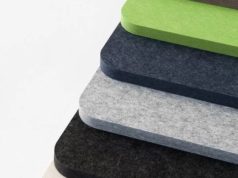The evolution of office design in interior Vietnam reflects a fascinating blend of tradition and modernity. This fusion creates dynamic workspaces that are functional, visually appealing, and rich in cultural significance. As companies continue to embrace modern design principles, they also seek to preserve the timeless elements of Vietnamese culture. This article thietkeoffice.com helps you explores how the perfect balance between these two elements has shaped the contemporary office spaces.
The Harmony Between Tradition and Modern Aesthetics in Interior Vietnam
In interior Vietnam, the harmony between tradition and modern aesthetics plays a key role in designing office spaces. Traditional Vietnamese craftsmanship, such as intricate woodwork and delicate embroidery, is seamlessly integrated with sleek, modern furniture and minimalistic layouts. This blend allows businesses to retain cultural identity while also embracing the future. The outcome is a workplace that is both rooted in heritage and forward-thinking, a place where employees can feel inspired and connected to the country’s rich history.
Incorporating Vietnamese Cultural Elements
Cultural elements are deeply embedded in the interior Vietnam design process. From the use of local materials like bamboo, rattan, and wood, to incorporating traditional patterns and designs, every detail contributes to the space’s identity. Offices often feature decorative accents such as lacquered furniture or ceramic art, which reflect Vietnam’s vibrant heritage. By infusing these cultural elements into the workspace, companies ensure that the environment feels familiar and meaningful, fostering a deeper connection with both the local culture and global business trends. Many interior design projects have succeeded in this, including the participation of units such as Vacons, Leaspec… with careful selection of office furnitures.
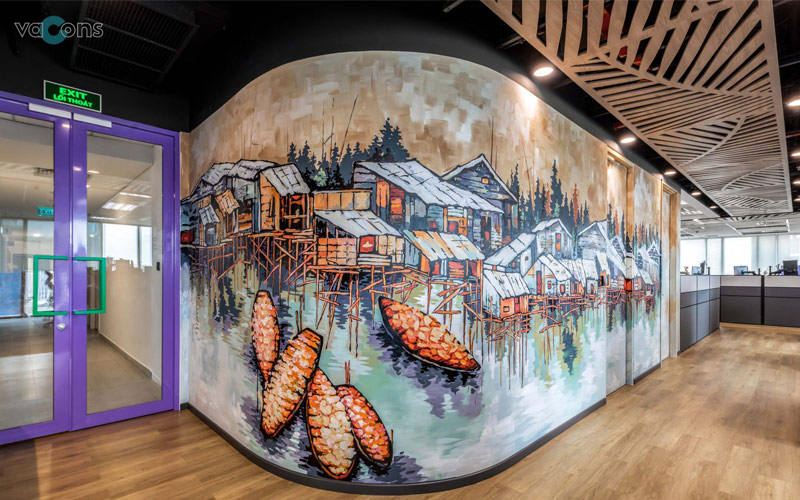
Blending Minimalism With Heritage
The trend of minimalism has taken hold in interior Vietnam, offering clean lines, open spaces, and functional designs. However, this minimalism does not mean a departure from tradition. Instead, it complements heritage through subtle touches, such as handcrafted furniture or simple, elegant decor. These pieces are often made using local materials, maintaining the cultural roots while adhering to modern aesthetic values. Consequently, the office environment encourages both mental sharpness and concentration, all while respecting historical elements.
Lighting and Color Schemes That Reflect Both Worlds
Illumination and color palettes are vital in harmonizing traditional and contemporary design aspects within office spaces. Soft, warm lighting that mimics natural sunlight is a common feature in Vietnamese offices, creating an inviting atmosphere. The color palette typically consists of earthy tones, such as beige, brown, and green, which evoke a sense of peace and connection to nature. These colors are complemented by modern accents like cool blues or grays, adding sophistication and depth. This considered interplay of illumination and hues mirrors both the established values of Vietnamese culture and modern design approaches.
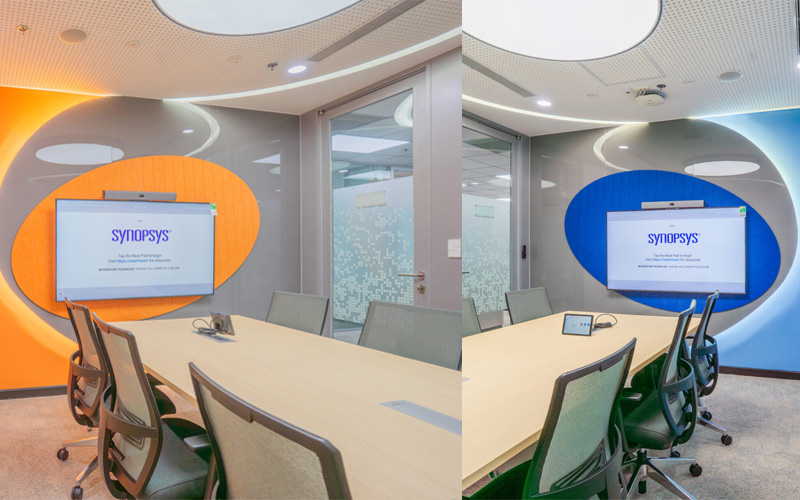
Practical Integration in Modern Office Spaces in Interior Vietnam
The integration of traditional elements into modern office design is not merely aesthetic; it is also practical. Interior Vietnam designs focus on creating spaces that encourage productivity while respecting cultural identity. As a result of this integration, office layouts are both aesthetically pleasing and practical for today’s employees.
Furniture Design That Marries Form and Function
Within interior Vietnam, furniture aims to achieve equilibrium between aesthetics and practicality. The emphasis is on ergonomic, comfortable pieces that enhance productivity. Despite their modernity, these designs maintain traditional features, particularly the use of natural wood and conventional patterns. Office furniture is tailored to accommodate diverse workspace requirements, from teamwork to individual work, all while retaining ties to Vietnamese artisanal traditions. This careful balance makes the office environment both comfortable and culturally meaningful.
Layouts That Encourage Collaboration Yet Respect Hierarchy
Office layouts are designed to encourage collaboration while maintaining a clear sense of hierarchy. Open-plan spaces foster communication and teamwork, while private areas are allocated for managerial roles, respecting traditional business structures. This layout reflects the cultural value placed on hierarchy in Vietnamese society, ensuring that the office remains both functional and respectful of social norms. Such layouts balance modern trends with traditional values, creating a productive environment for all employees.
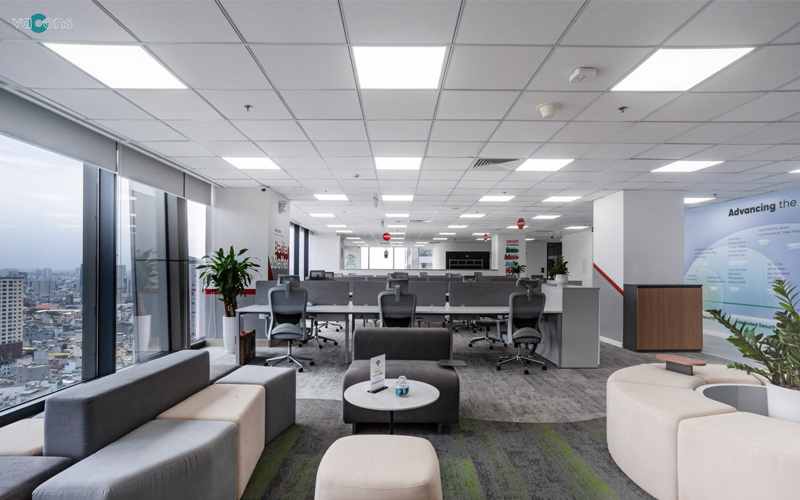
Sustainable Choices With Cultural Significance in Interior Vietnam
Sustainability is increasingly a priority in office design. Businesses are opting for eco-friendly materials, energy-efficient systems, and sustainable practices that contribute to the well-being of the environment. The use of natural materials like bamboo and recycled wood not only supports sustainability but also has cultural significance, as these materials have been part of Vietnam’s heritage for centuries. This commitment to sustainability ensures that the workspace is not only modern and culturally rooted but also responsible toward the environment.
See more: Tradition Meets Modernity In Office Design Of Interior Vietnam
According to thietkeoffice.com, the fusion of heritage and contemporary styles in interior Vietnam mirrors the nation’s profound cultural history and its progressive stance on innovation. By blending traditional materials, design elements, and layouts with modern functionality, Vietnamese office spaces create a harmonious and productive environment. This fusion allows businesses to thrive while honoring their cultural heritage, offering a glimpse into a future where the past and present coexist in the workplace.



